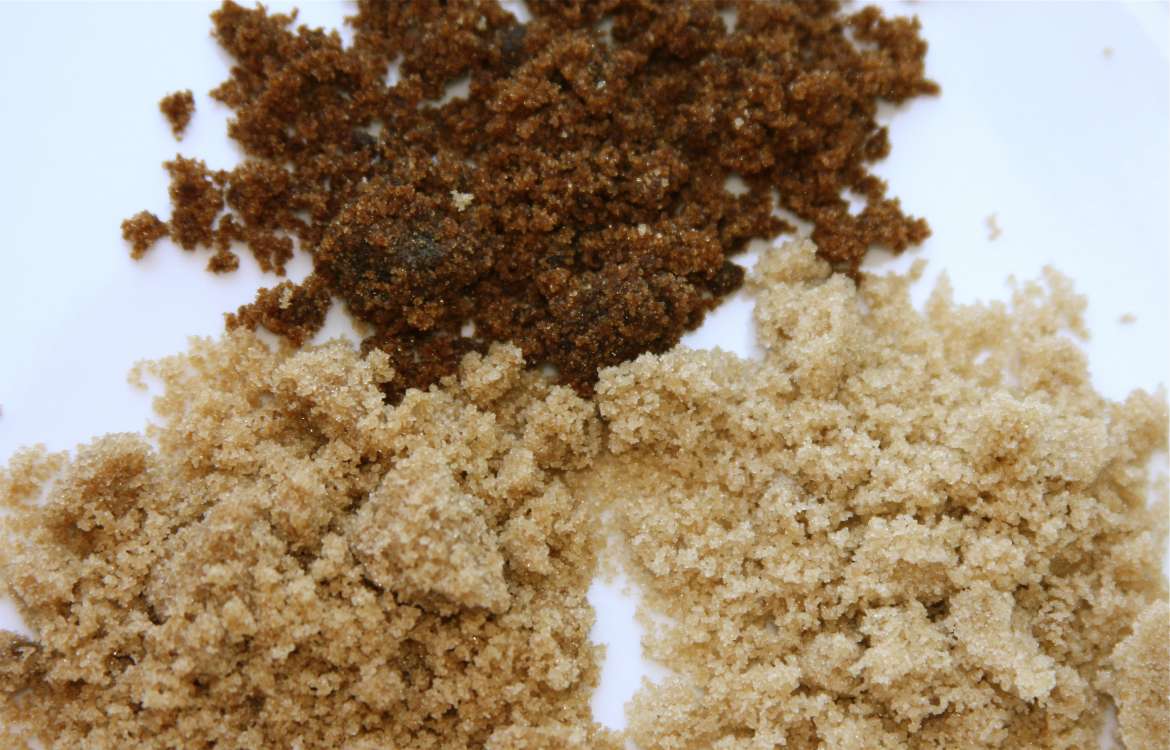When you think about different foods – like rice, pasta or bread – and how nutritious they are, usually the brown version is less processed and slightly more healthy.
But is this true for sugar as well?
Will it make a difference in your diet if you add brown sugar to your coffee instead of white sugar?
No.
To be honest, it’s really only clever marketing that drives people to buy brown sugar.
In reality, the only difference between the two is one tiny step in the manufacturing process. In regards to calories and nutrients, there is no significant difference at all.
To illustrate this let’s look at how sugar is made. Most of it comes from the sugarcane plant, which grows for several months up to two years. Once its harvested, machines extract a type of “juice” from the plants, which is then boiled.
The boiling process along with a spinning centrifuge will crystallize the juice and what you get is the brownish raw sugar. Keep in mind that even though this type of sugar has a light-brown color, it’s not the traditional brown sugar you know.
Next, the raw sugar will be put back into the centrifuge and spun again until all the molasses, which gives the sugar its brown color is removed. At this point, you have white sugar.
To make brown sugar you actually need to process white sugar again, by adding the molasses back into the mix, which will also add the distinctive caramel taste. The molasses also allows the sugar to hold more moisture, which makes it better for baking.
As you can see the manufacturing of white and brown sugar is practically the same and brown sugar is actually a tiny bit more processed.
But what about the nutritional values of both types? Are there any differences?
Yes, but your body won’t notice them.
White table sugar is half glucose and half fructose, which makes it 100% percent carbohydrate and will give you 16 kilocalories per 4- gram teaspoon.
The same amount of brown sugar will provide slightly more energy at 17 calories. That’s because of the added molasses, which also includes tiny amounts of certain minerals, like calcium, potassium, iron and magnesium. But these amounts are so small that the difference is not a practical health benefit.
So the real differences between brown and white sugar is not their energy value or nutrient content, but their taste and the effects on baked goods.
In the end, you should limit intake of either in your diet and instead get your carbs through more complex sources like rice, potatoes or whole grains.



